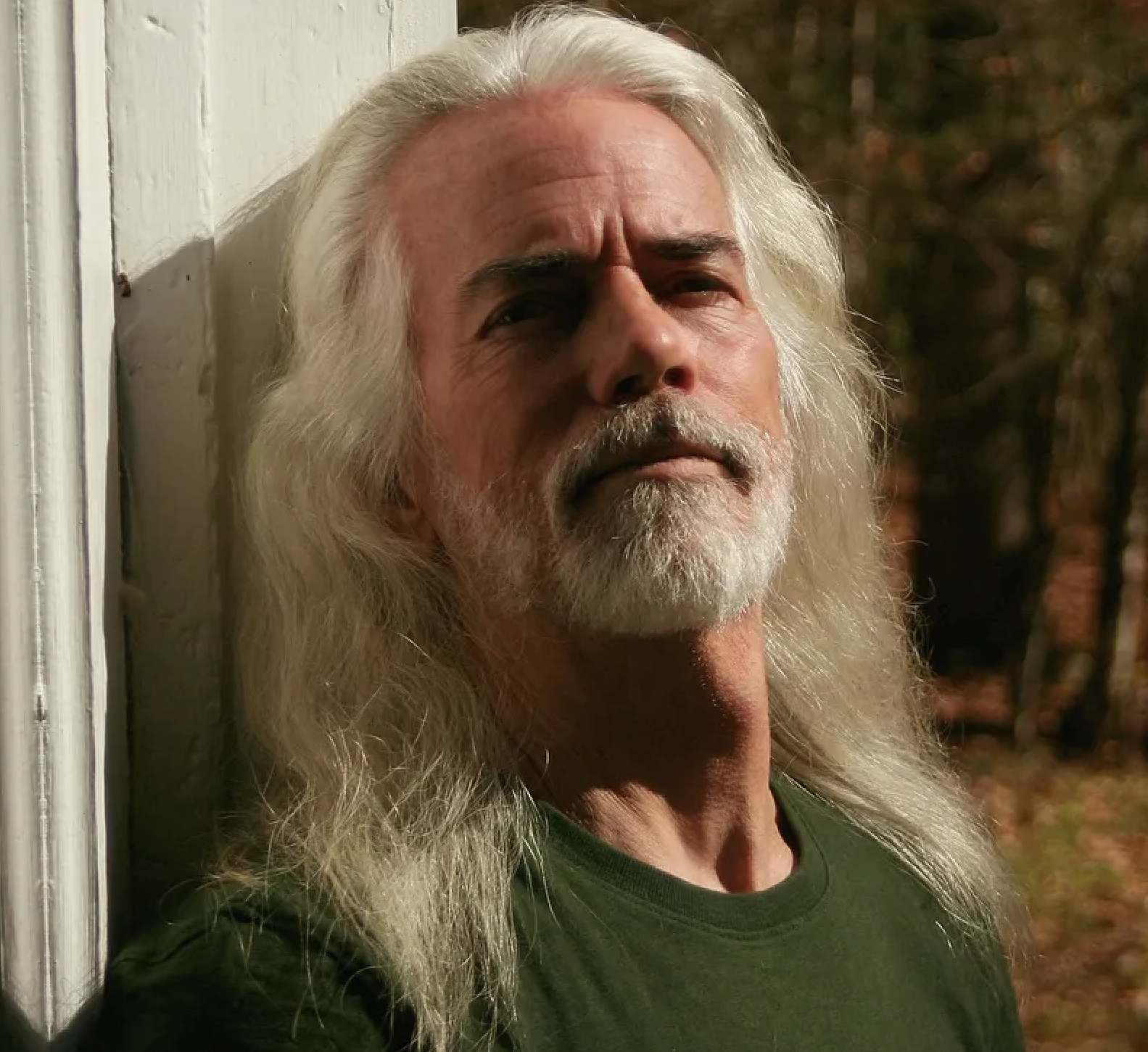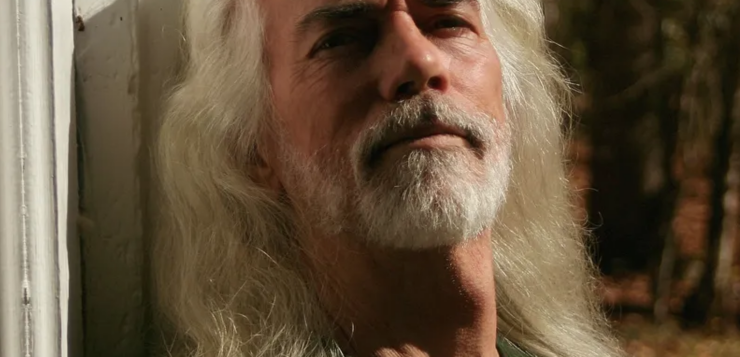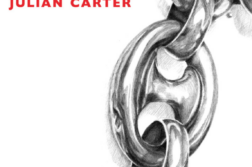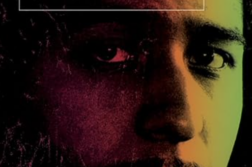GAVIN GEOFFREY DILLARD began publishing gay poetry in the 1970s after studying poetry at the North Carolina School of the Arts, and then relocating to New York City where he befriended Allen Ginsberg, Harold Norse, Ian Young, and other gay icons of the day, before heading west to Hollywood, where he was dubbed “The Naked Poet” by The Los Angeles Times for his in-the-buff poetry readings.

He has gone on to publish ten collections of poetry (most notably The Naked Poet and Yellow Snow), two anthologies (A Day for a Lay: A Century of Gay Poetry and Between the Cracks: The Daedalus Anthology of Kinky Verse), and a provocative tell-all memoir, in the flesh (undressing for success), recounting his time in Hollywood. Dillard also wrote book and lyrics for the acclaimed BARK! The Musical, which has been staged from Anchorage to Sao Paulo to Edinburgh. He had a hit song, “The Rescue,” sung by Sam Harris and Janis Ian, and won a Frontiers Award as well as an Opera America Award for his opera When Adonis Calls, which premiered in 2015. Classical composers, starting with Jake Heggie, have set many of his poems to music.
An avid and skilled photographer, Dillard has just re-issued his poetry collection, Notes from a Marriage, first published by Felice Picano’s SeaHorse Press in 1983—this time as a photo collection—and another volume, also with photos, the elegiac Dave (due June of this year). The latest volumes can all be found at GavinDillard.org.
Trebor Healey: What poets of all stripes do you admire, and which gay poets in particular?
Gavin Geoffrey Dillard: I don’t make that distinction, generally, though bards Ian Young and Harold Norse were both friends and influencers. Beyond that, the 9th-century Japanese poet, Ono no Komachi, is my fave-rave. And Izumi Shikibu from that same period. I love Rumi and Hafiz in spurts—Mirabai as well. In these poets I found sex and romance as spiritual metaphor—something deeper and richer than I was getting from Ginsberg and others of my cadre. Mostly I read the Taoists, the River-and-Mountain poets from ages past in China. I want to hear about the trees and the clouds, the mountains, waterfalls, and a simple bowl of rice for a starving belly. I think I might have been William Blake in a past life—but shhh, that’s a secret! I’ll also confess that Van Morrison’s Astral Weeks is my singular sacred text.
Trebor Healey is the author of Falling and A Horse Called Sorrow, among other books of fiction.






